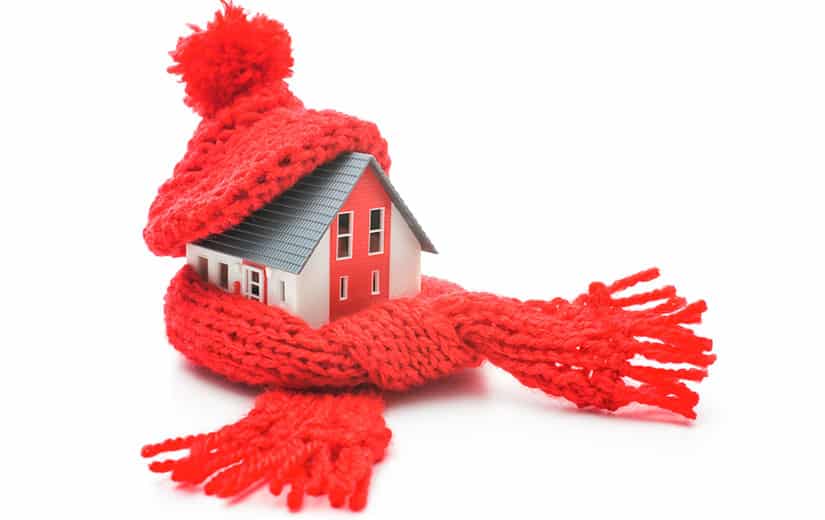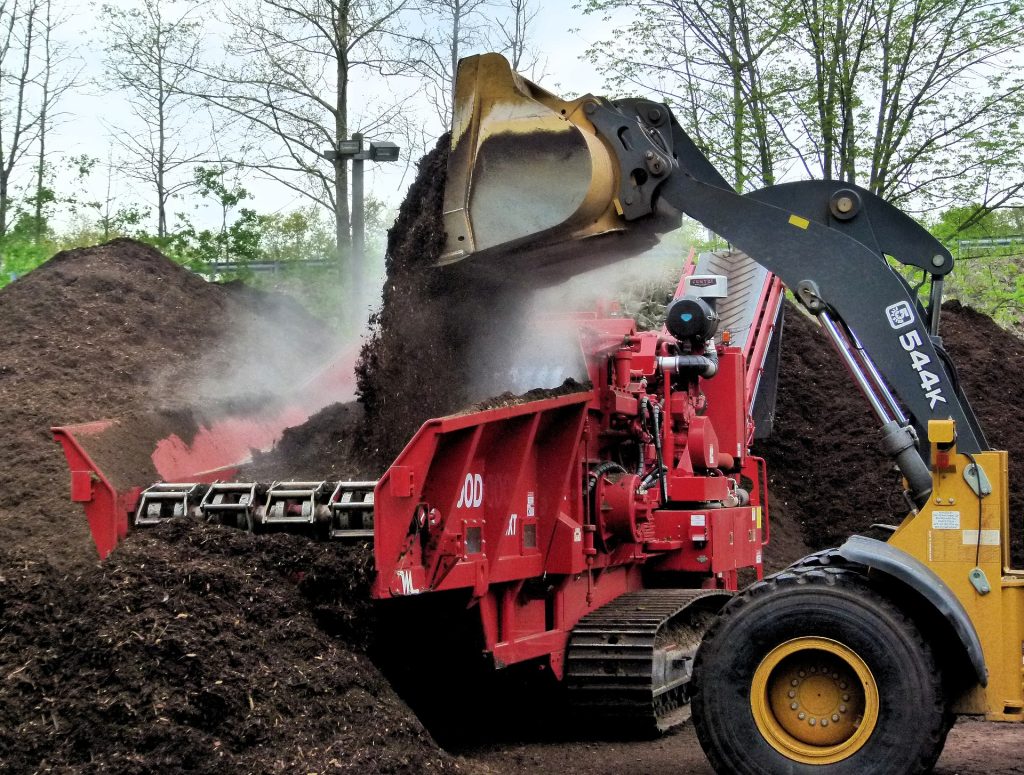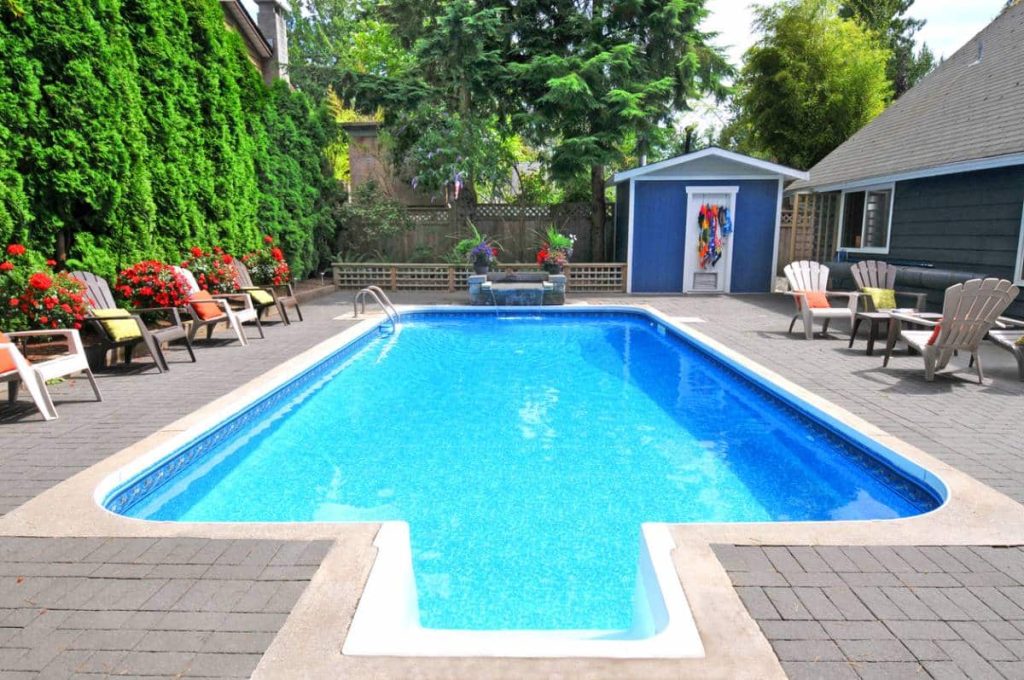The insulation of your home must be the subject of all your care. If it is done in the rules of the art, it protects you from cold, heat and humidity, but also from outside noise. As it prevents heat loss, it reduces your energy bill. To be effective, the insulation of the house must be made with suitable materials.
Summary
The best insulators
To bring you the quality of life you can expect, the insulation of the accommodation must be made with quality materials. You are entitled to expect a number of benefits from it.
They must first be distinguished by the best thermal and sound performance possible. Also, they should last a long time. It is therefore necessary to ensure their resistance.
For this purpose, care must be taken that the insulation chosen insect and rodent resistant who can attack him. Also make sure it not sensitive to moisture or fire. If the insulation is installed outdoors, its resistance to bad weather should be checked.
If you are sensitive to threats to the environment, you will also be concerned about choosing a ecological insulation. In this case, you will opt for natural, renewable and recyclable materials, at least in part. The production, packaging and transport of certain insulators do not require excessive energy consumption either.
Finally, you will be sensitive to the price of the various insulating materials. From this point of view, your choice will be on the material or materials that offer the best quality/price ratio.
Read also: How to choose your parquet?
Optimum performance
It will probably be quite difficult to find insulators that have all the qualities mentioned. As any medal has its reverse, each material is distinguished by advantages, but also disadvantages.
Therefore, the best way to choose the most appropriate insulation is to think about your priorities. If you favor efficiency in terms of thermal insulation, your choice may be on certain synthetic insulators.
Materials such as extruded polystyrene or expanded polyurethane foam thus have excellent thermal performance. Similarly, the aluminum film, which comes in the form of an industrial aluminum roll, is very effective for the thermal insulation of an attic or pipes.
Eco-friendly materials
If the ecological balance is for you the essential criterion, you will rather choose natural insulators, of vegetable or animal origin. Among these materials, which are also called bio-sourced insulators, we find in particular hemp or sheep’s wool, cork, straw, cellulose wadding or even linen felt.
Overall, these insulators are made from natural and renewable materials. Some come from recycled materials and are themselves recyclable.
Furthermore, the energy required for the manufacture, packaging, transport and recycling of these insulators is relatively low. They therefore spend a smaller part of « grey » energy than synthetic insulation, for example.
A matter of density
A good insulator protects you from the cold in winter but also keeps you cool in the hot season. To keep rooms more temperate in summer, it is better to opt for dense materials, preferably to be placed outdoors.
In this case, it is better to choose plant-based insulation, such as hemp wool or cork, which have a certain density. Placed in the attic, they will keep your house cool in summer.
If your priority is to protect yourself from the cold in winter, you should opt for lighter and less dense materials, to be installed indoors. Mineral wool, such as glass or rock wool, or synthetic insulation, such as expanded polystyrene, meet these criteria.
The best value for money
The price is an essential criterion in the choice of an insulating material. Overall, insulators of plant or animal origin, such as hemp or sheep’s wool, are relatively expensive. This is not the case for everyone; straw, in particular, is a very cheap insulator.
For their part, glass wool and rock wool, widely used, offer a very good quality/price ratio. As for synthetic insulators, they stand out for their average costs, which vary quite a bit from one material to another.
Moreover, and regardless of the material chosen, the insulation costs will depend in part on the surface and the nature of the area to be insulated as well as the possible cost of labour.
Of many aids however, can reduce the cost of insulating your home. These include the energy transition tax credit (CITE), the zero-rate eco-loan or the reduced VAT rate.
For its part, the National Housing Agency (ANAH) offers specific aid, granted under certain conditions of resources and age of housing.
Read also: How to remove humidity in a bathroom?




